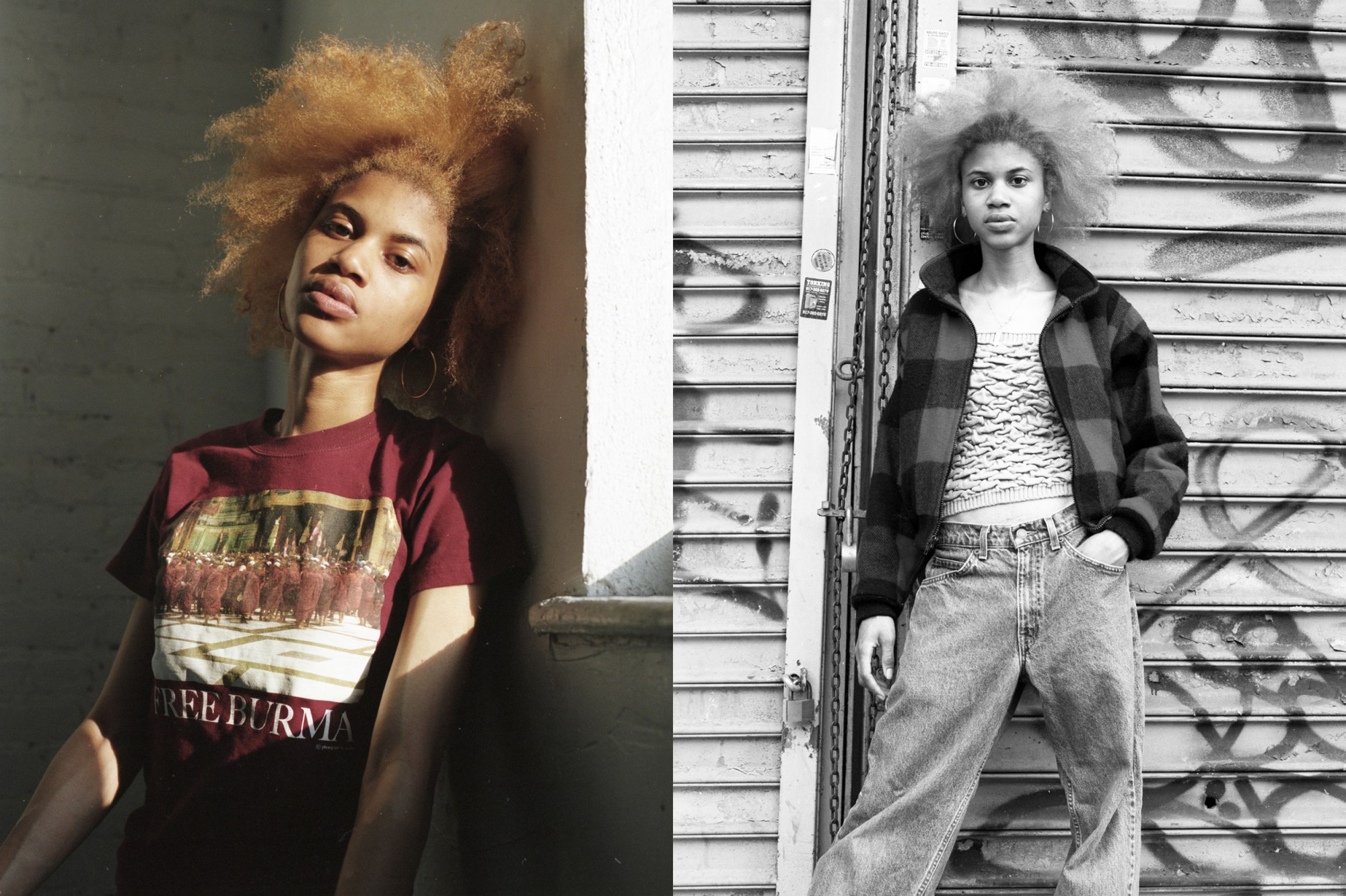The #MeToo movement changed so much… and it also didn’t change anything. It made a lot of people (men) wake up to what women (and some men) have known and experienced forever, yet it’s still happening. It did give us new ways of verbalising the insidious ways misogyny undermines society, as well as collectively calling time on the abuse against women – at least those that are easier to define. A lot of grey areas still exist. The Cat Person story, published in The New Yorker at the end of last year, sparked a lot of conversation around those grey areas and resonated with many. And while all of this has brought much needed awareness, we still need real action and we need to refocus on the most marginalised women.
Underscoring all of this is a turbulent political climate, where most people find themselves firmly on one side or the other. This is impacting our dating behaviours, as well as our relationships. Thankfully, we’re a generation that is more open, more inclusive and more diverse compared to the ones that came before us.
Photographer Evan Browning took to the streets of Los Angeles and New York to shoot women (and one man), hailing from all over over the world. We asked them what’s changed when it comes to dating as the #MeToo movement continues to unfold, how strongly politics affects their relationship choices and how things can change for the better. A lot of young people are thoughtfully figuring out the way forward, as the below interviews prove.
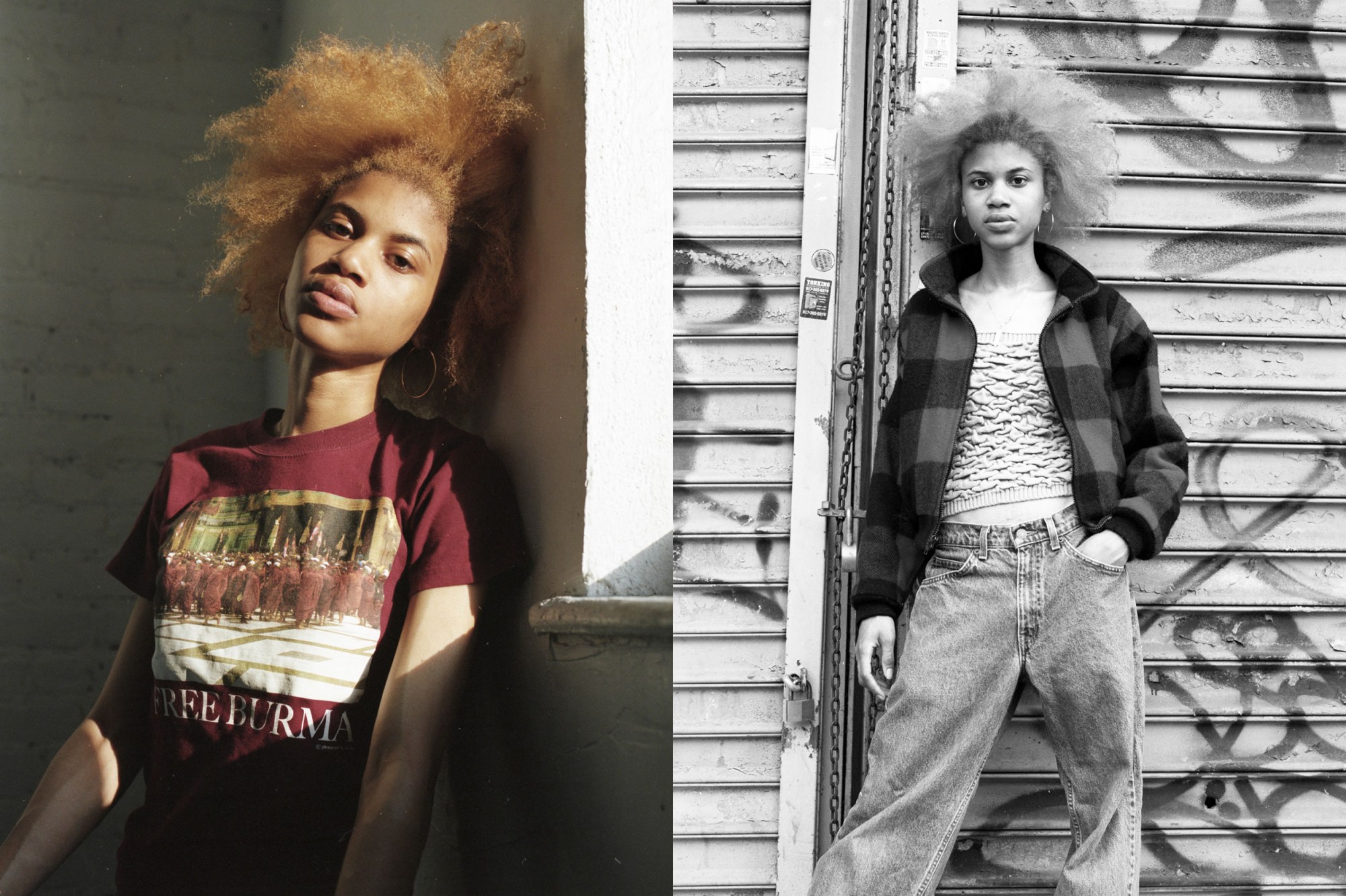
Tajah Ellis, 21, New York
“When it comes to dating and hooking up, it’s so important to be aware of what you like and don’t like and the only way to discover that is by trying out different things. Every person is unique and complicated, so you might find you like a lot of different things if you experiment. I’m still young and definitely want to give myself that space and freedom to do whatever, while I can. As long as everything is consensual and my mind and body are respected.”
We all have different life experiences that lead us to certain conclusions. So who am I to say someone’s viewpoint is wrong? I’m not necessarily the type of person to cut someone off because they don’t share my worldview, unless it completely disregards or degrades my personal experience within the larger societal ecosystem. I love hearing from people who have researched, travelled and spoken to others. People need to dig deeper and love wider.
My generation is, generally speaking, more willing to experiment. It makes sense this would lead to more exploration of our sexual preferences and so young people are identifying themselves outside of the boxes society has created for us. I was born and bred in Brooklyn, which is one of the cultural capitals of the world, so I live among blacks, whites, Asians, poor, rich, queer, straight — and sometimes I meet all of these characteristics in one body.”
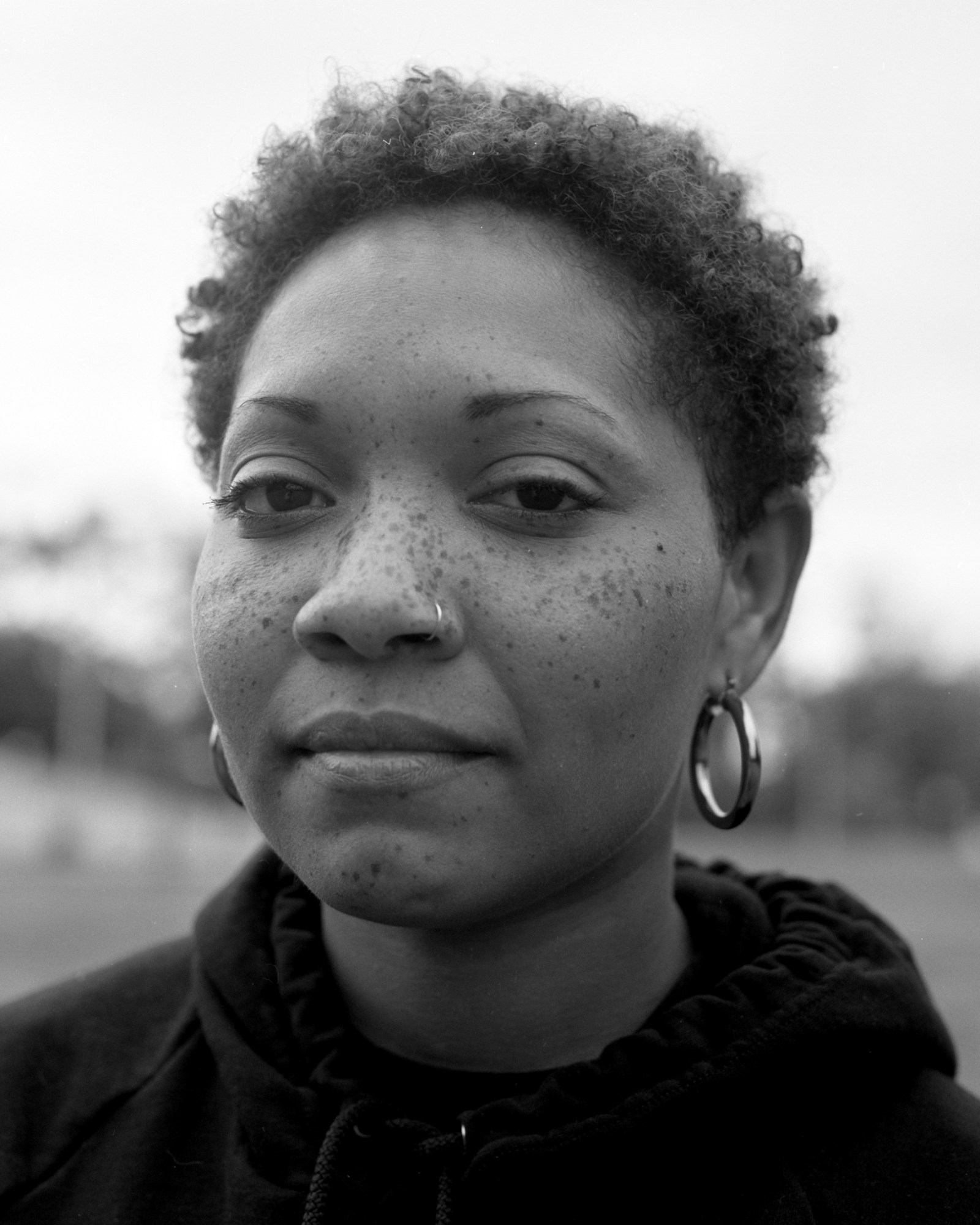
Camille Matthews, 32, North Hollywood
“Nothing much has changed for me in terms of the #MeToo movement. Some guys are just creeps and harassers. That’s nothing new. I try to navigate the dating world in a cautiously optimistic way. I’m cautious, when it comes to my environment. I try to be alert to any red flags a guy might be giving me. And conscious of the energy I’m giving off. But hopeful that not all guys are bad, and the right one will find me when the time is right.
In terms of dating, politics matters more now than ever. If a guy is a Trump supporter, it probably won’t work.
I think older and younger millennials differ a lot. I think (older) millennials recognise and respect the spectrum of gender and sexual identity, without the need to exist on it. I think we’re more ok with, and less offended, by certain labels than the younger ones.”

Sarah Benjamin, 26, New York
“It is sickening to think how people in a position of power take advantage of that power; the whole movement of speaking up definitely made me more aware that this is STILL happening. It definitely made me more protective of myself and my friends.
I don’t really hook up randomly, I’m a relationship person. Having similar political views is important to me. I don’t think I could ever hook up with a Republican. I do think our generation is special, when it comes to our understanding of racial and sexual discrimination. I look around and see more diversity, awareness and acceptance than before. We need to keep pushing for that.”
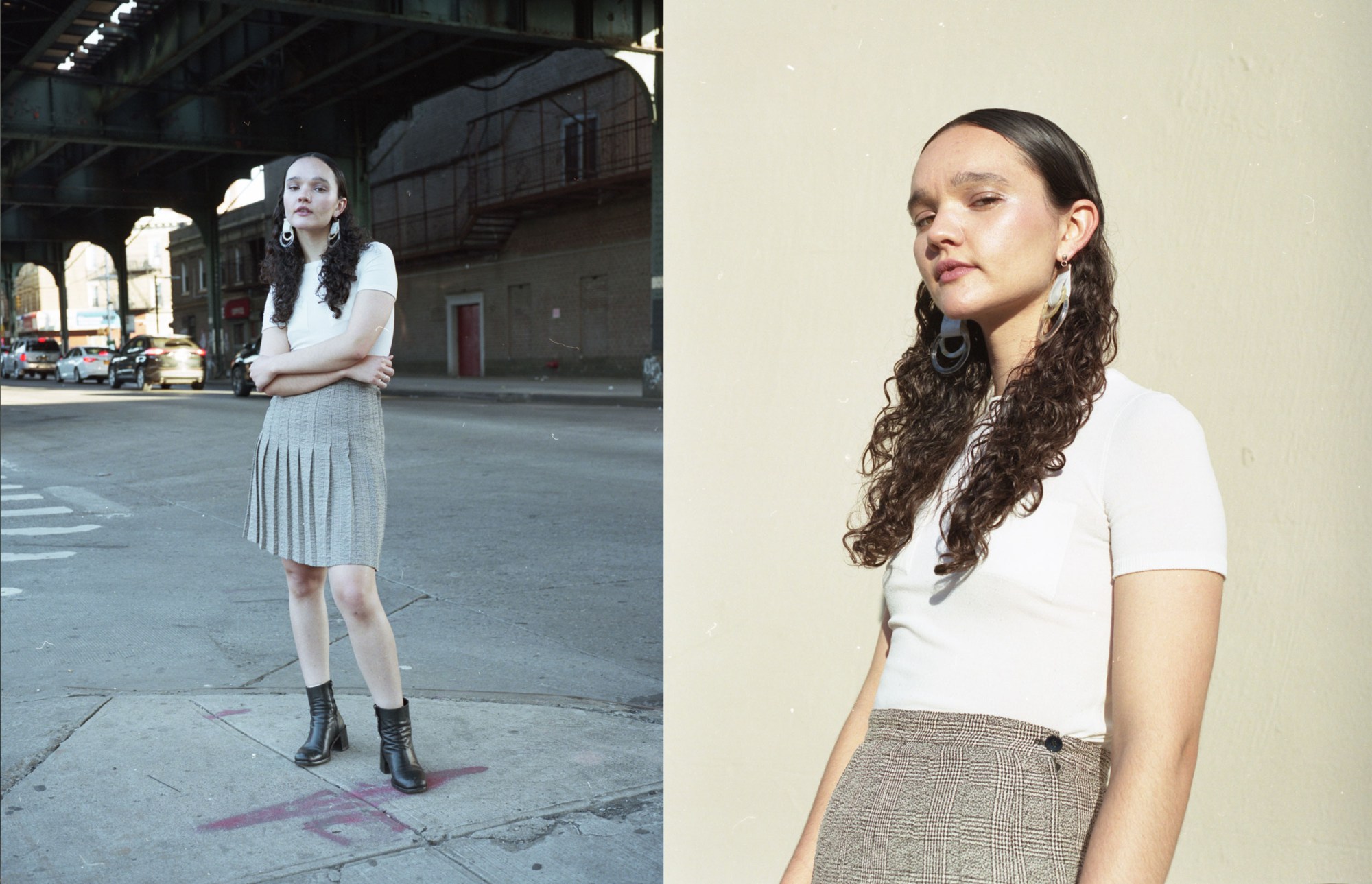
Nicole Van Straatum, 26, New York
“As a single woman living in New York City, I suppose the dating landscape has shifted into one where I find men a little more timid than I had experienced before. There is a kind of slow courting — as if men are scared to be written about. It seems like both sexes are experiencing a shift in their perspective, their expectations of hook ups and we are rethinking what consent actually is.
I think I have shared similar political views with the majority of people I date. Although, I tend to find myself with people from other countries and cultures. It’s important to me to ask questions and learn from their experiences.
There’s still a lot of work to be done regarding inequality — luckily we have many resources and the tools to get it done. We need to acknowledge that women and people of colour are still struggling to find success, when compared to the cis white man.
As a multiracial person who identifies as bisexual, I am drawn to people for who they are and don’t really see the colour of their skin or their gender. Things are merging more than ever and we are becoming more aware than “male” and “female” can be found in many shapes and forms.”
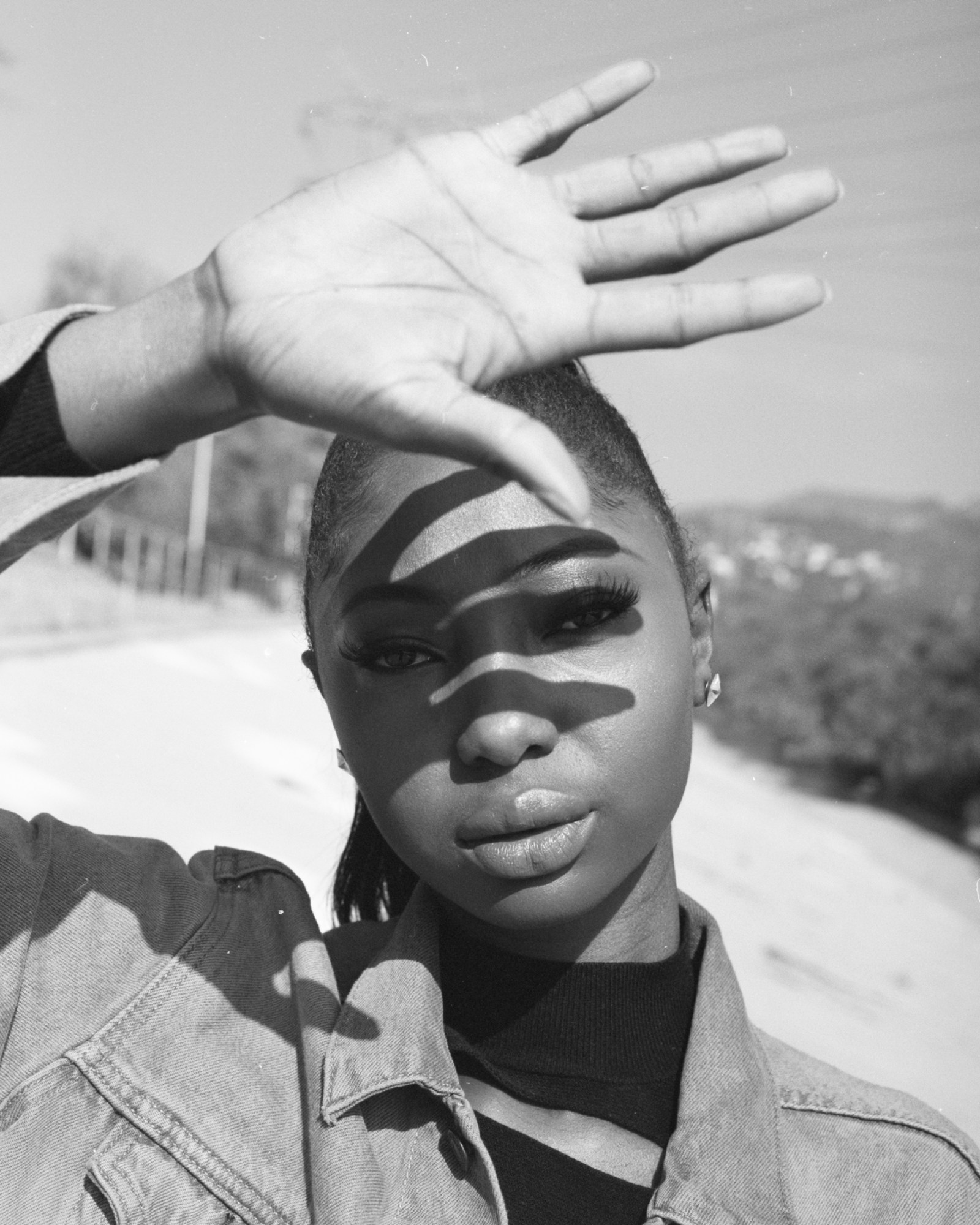
Vanessa Osabutey, 23, Los Angeles
“I don’t necessarily think the #MeToo conversation has changed my, or other women’s, approach to dating. I think it has changed the approach of men.
Dating people with different political views isn’t really an issue for me. I believe we can all coexist, if we are understanding of one another’s opinions and views. It’s important to pick the brains of the people you want to be involved with and try to understand their mindsets.
In this day and age, I think people are more accepting, understanding and sensitive to race and gender inequality. Our generation is more open to letting other people live their truths.”

Ginger Leigh Ryan, 22, New York
“To be very honest all these stories, while seemingly new to the mainstream media, are very common amongst folks who identify as or were born female. Issues of consent and rape culture within the dating scene are something we are aware of from the moment we become involved in it. The real change is that people are starting to actually listen when we say we’ve had an experience that was not consensual, or were pressured into a situation. It’s not that our stories are new, it’s that they are slowly being validated.
I believe that “the personal is political.” While someone does not have to exactly match my own political ideology, I think it is extremely important that we can have open discussions about politics and are able to learn from one another.
My generation are beginning to strive towards intersectionality and are quicker to hold people accountable for their actions and words.”
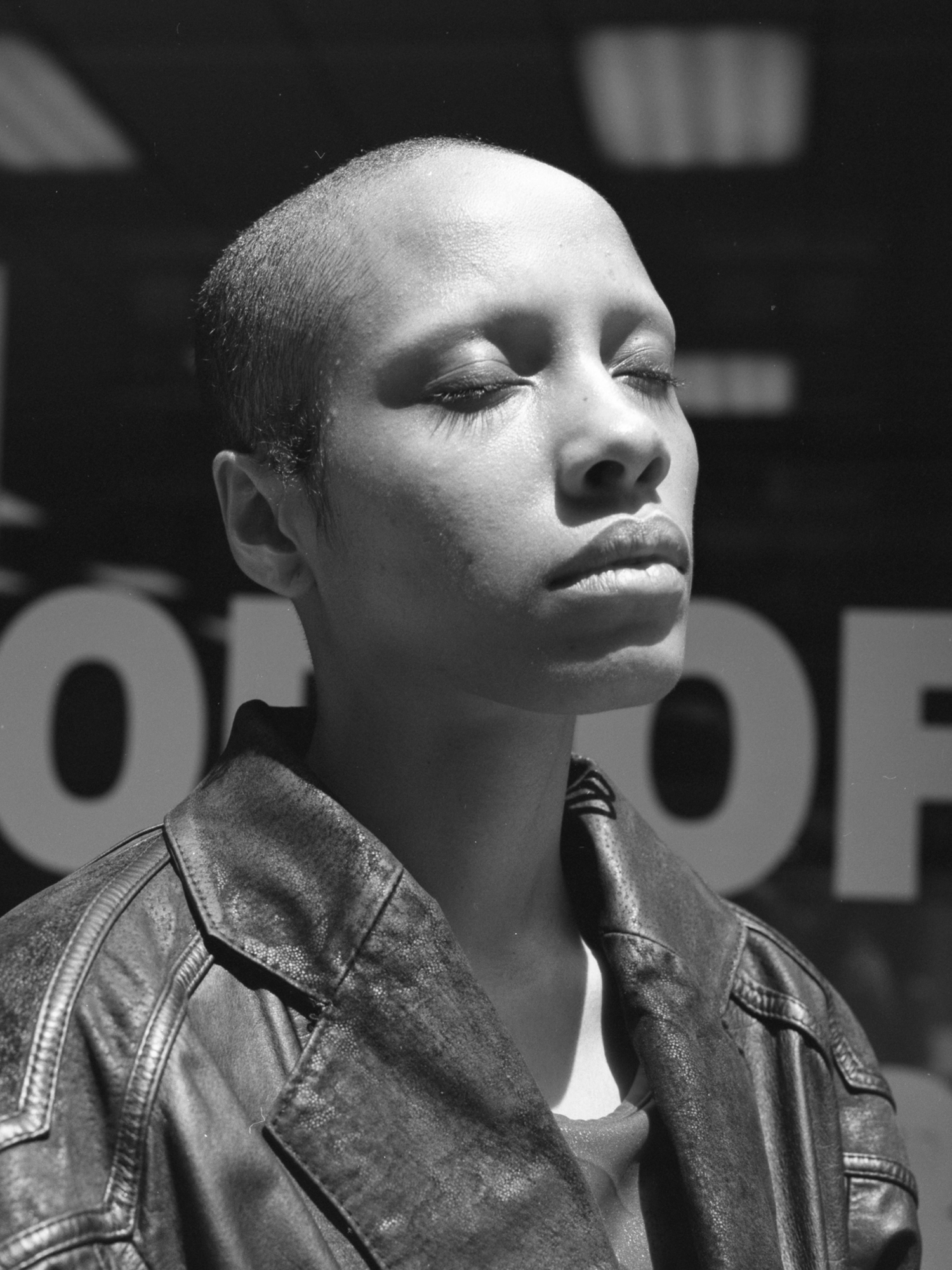
Fulani Thrasher, 27, New York
“To someone like me — black, queer and femme-presenting — rape culture is part of everyday life. I didn’t see myself or women of colour, especially black trans girls, in this #MeToo campaign, which is actually disheartening. I felt that the #MeToo campaign was capitalised on by white women. Not having our stories told is affecting our soul, as it basically erases our experiences.
I did a lot of self work this year and realised I have had many experiences that were not consensual. I have questioned what consent really is. We have been taught that consent is as simple as a “yes” or a “no”. But consent is more nuanced, it’s about the logistics of sex and intimacy. I am trying to focus on communicating my needs and desires to my partners more explicitly.
I think young people are tired of the old oppressive norms. We are here to be ourselves. We are organising and we are political. We are working on being inclusive of black, trans, nonbinary, disabled and poor folks. People are so tired of the toxic relationships created by monogamy. I am here to live my life — as an unapologetically black, queer, different and forever-changing person.”
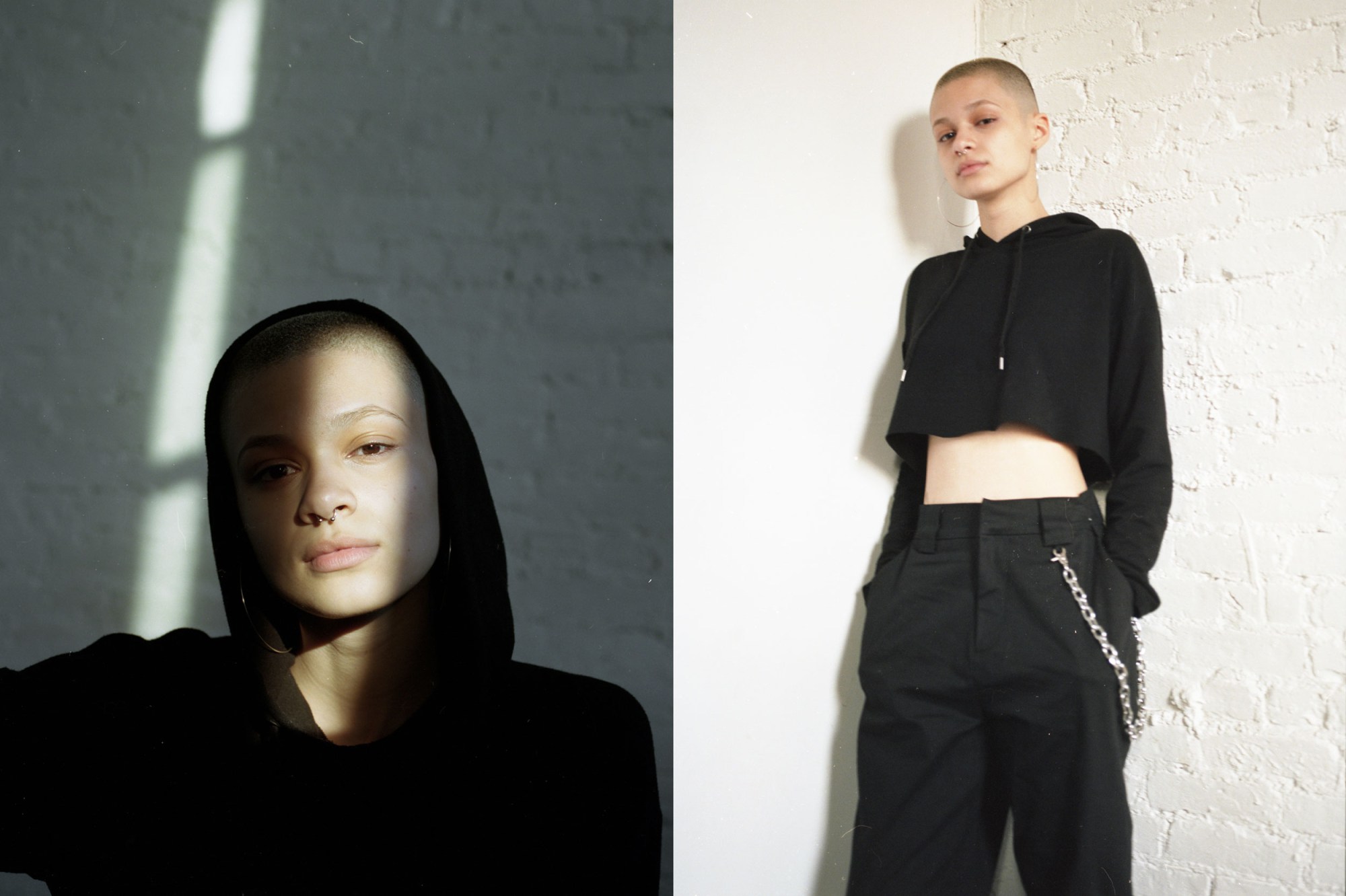
Alicia, New York
“The #MeToo movement has given a voice to those who’ve been silent for too long. Cat Person caused an uproar on social media, showing somewhat of an accurate depiction of what dating’s like for young people. Even I was able to relate to the story, at some points. I think these social shifts has definitely changed my approach to dating and hooking up, because you don’t necessarily know what a person’s intentions are, right off the bat.
Knowing a person’s political views is a crucial; you can tell a lot about a person solely by their stance in politics. It might not being the first thing I would bring up and discuss with someone before hooking up, butI think it’s important when it comes to dating.”
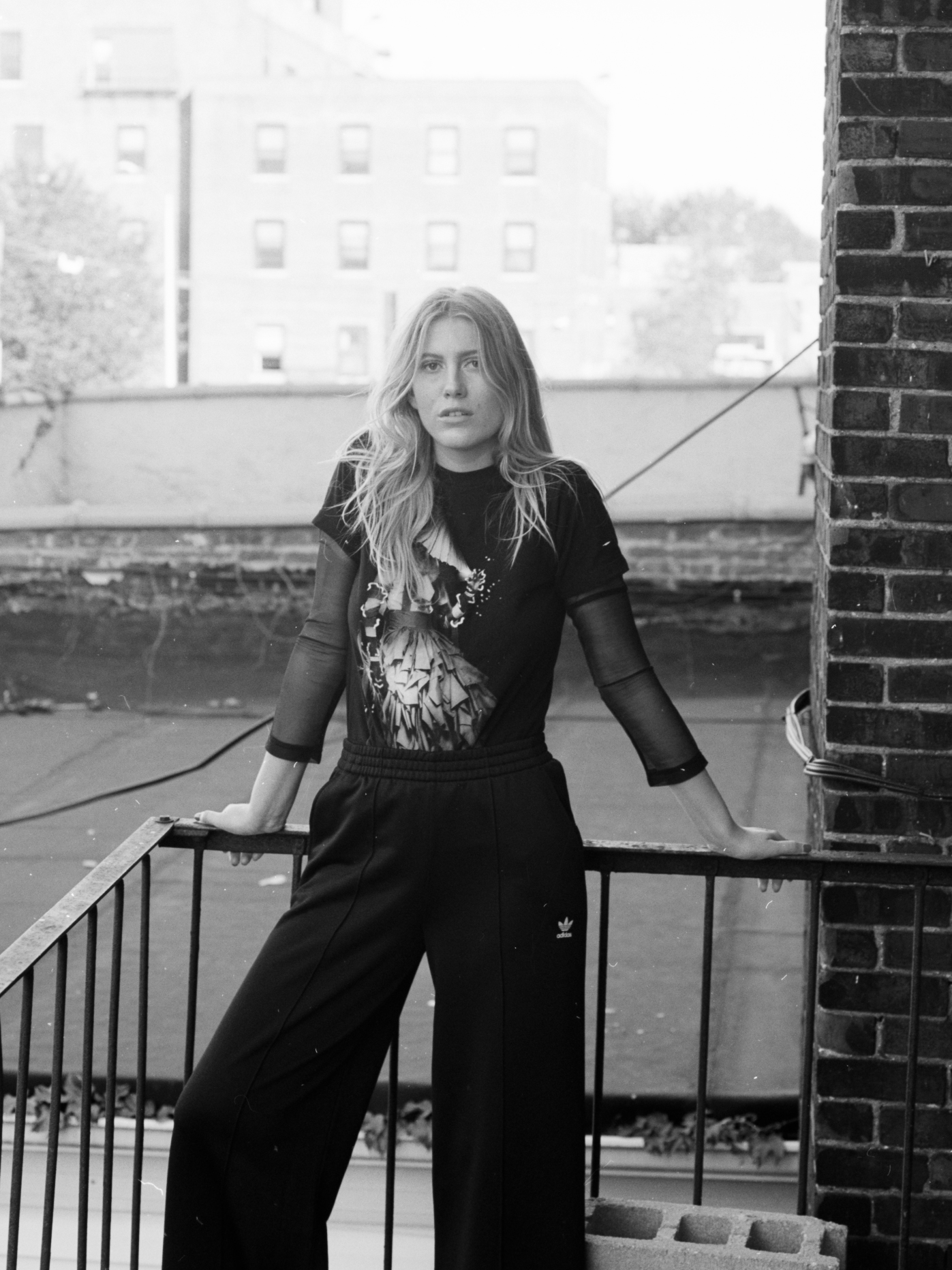
Eddie Mitsou Pettersson, 24, Los Angeles and New York
“At first, I did not really recognise myself in all the stories coming out of the #MeToo movement. I have always had a very direct approach to meeting people and relationships. I almost began to wonder why I didn’t have my own stories to share. But as #MeToo continued, I became more aware of systemic misogyny.
Reading the Cat Person story did affect me — the well described process of Margot’s thoughts during the sex scene is something I can relate to. I’ve chosen not to let my similar experience get under my skin. Maybe that’s something I need to take away from #MeToo: that you should never do anything if you have doubts.
Luckily for me, living in two of the most modern, developed cities in the world most people I tend to date or hook up with have very similar political views. In general, I always try to understand people instead of thinking they’re idiots because they don’t think the way I do.
I used to date a guy who I disagreed with on the topic of gun control. He was not against it, which made me furious. But he grew up in a neighbourhood that wasn’t very safe — which is totally different to my experience of growing up in Stockholm, Sweden. We discussed it several times, and I came to respect his opinions — still I kept trying to convince him otherwise.
My generation is great at letting people be who they want to be. Social media like Instagram have helped a lot with that: so many hairy, quirky, cool, bisexual babes out there are telling their 250K followers to not give a fuck.”
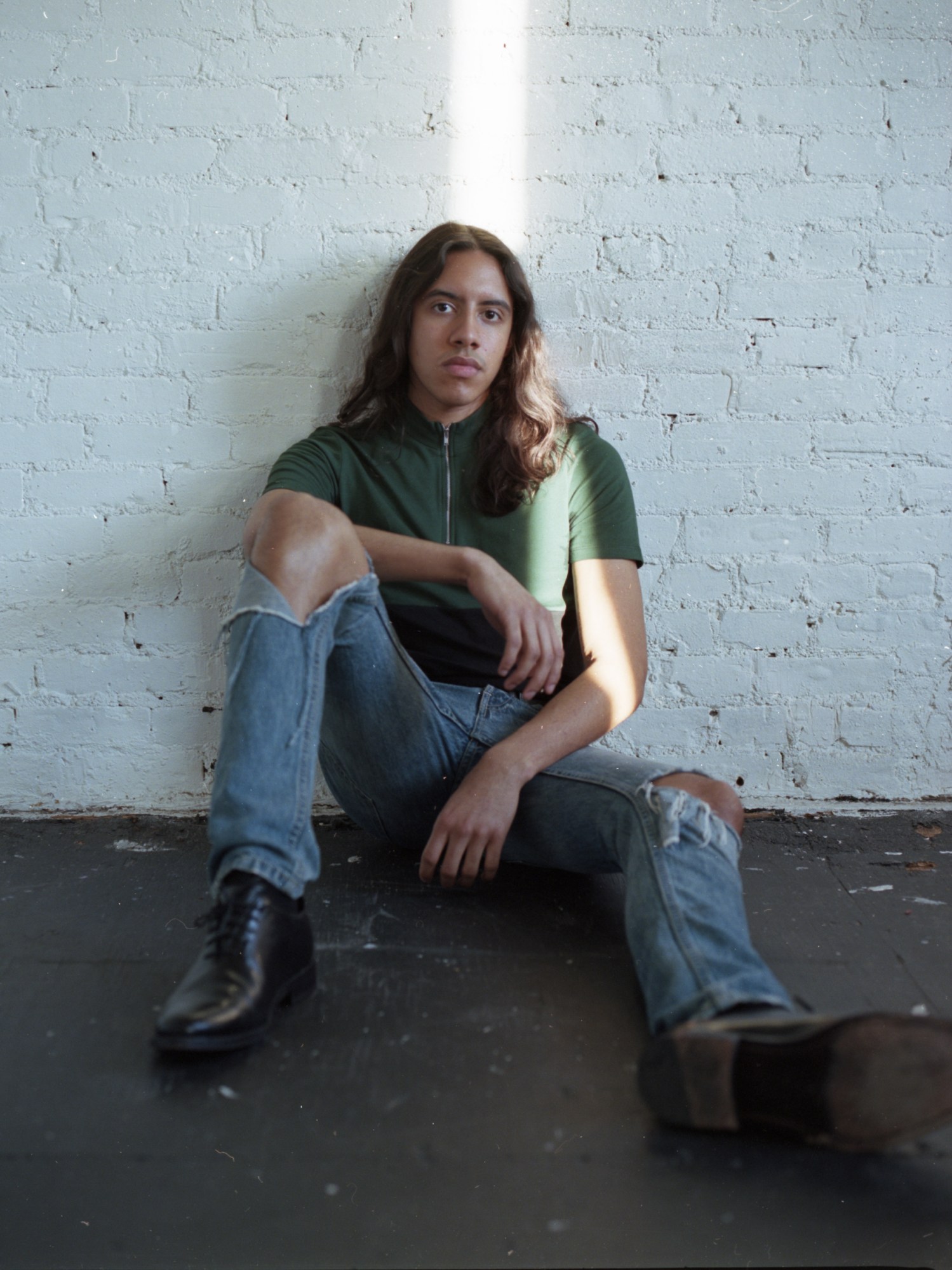
Nicholas Rodriquez, 22, New York
“In the months following the #MeToo movement, I became more cautious while dating. I began to evaluate my generation, but also myself. This generation has access to various dating apps, that allow people to hook up as often as they like. I feel this keeps our focus on sex instead of finding emotional connections.
A partner’s political views is important to me. I am always open to different viewpoints and have learned from doing so. However, if we have opposing views when it comes to human rights — that would be a deal breaker for me.
I think this generation is being exposed to new information, and that is teaching us to respect people coming from different backgrounds. I feel that the world is at a turning point and that the life of future generations is going to be shaped by my generation’s choices.”
